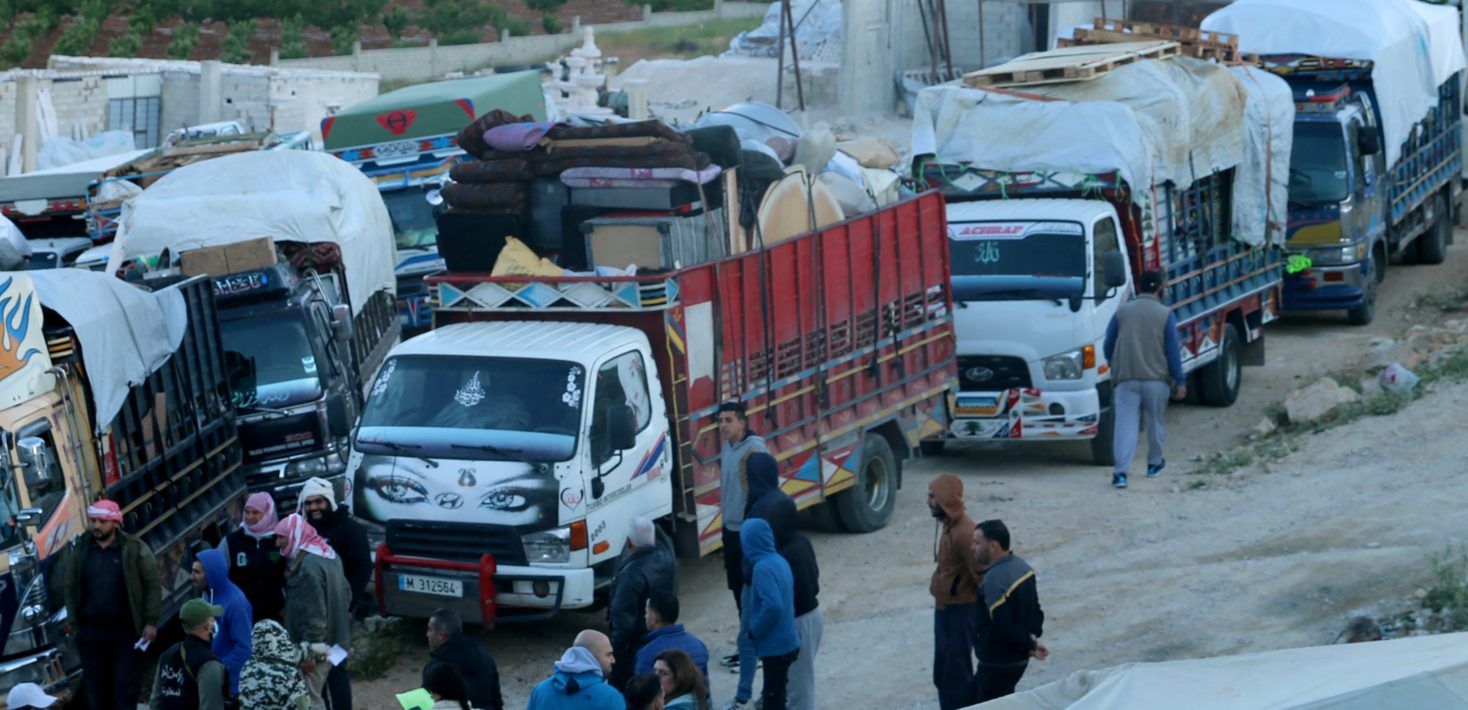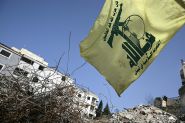
Lebanon, which is facing a prolonged crisis, is raising its voice once again. For more than 15 years, the Land of the Cedars has borne the direct consequences of the war in Syria, hosting more than two million Syrian refugees—nearly 40% of its population. According to the World Bank, the annual cost of this presence exceeds two billion dollars.
The influx of Syrians has not abated. Even after the fall of Bashar al-Assad’s regime on December 8, the migratory phenomenon has continued. Nearly 30,000 new Syrians are said to have crossed the northern Lebanese border illegally since that date, according to various sources.
Finance Minister Yassine Jaber tried to illustrate the situation to a visiting American delegation in Beirut. “Imagine if the United States welcomed 120 million Mexicans—40% of its population. Could you assimilate them? That is what Lebanon has been experiencing for years.”
Towards More Regulated Financial Aid
In this context, MP Ibrahim Kanaan submitted a draft law in February aimed at strictly regulating financial aid granted to Syrian refugees. The text prohibits any transfer of funds to the refugees—whether bank transfers, electronic wallets or transfers via NGOs and the UNHCR.
The stated goal is to push Syrians to return to their country by reducing economic incentives to remain in Lebanon.
For refugees considered truly eligible for aid, funds would be paid to them in Syria. The enforcement of the law would fall to the Banking Control Commission and other bodies of the Central Bank of Lebanon, which would not be able to invoke banking secrecy to block verification.
An Existential Issue for Lebanon
According to Ibrahim Kanaan, this proposal is neither a provocation nor a hostile withdrawal, but a first step towards necessary regulation of an issue that has become “existential” for the country.
In practice, the aid received by refugees allows them to live decently in Lebanon, while often working in undeclared jobs. A situation that, in principle, should disqualify them from receiving such assistance.
As social tensions intensify and the economy remains depleted, more and more voices in Lebanon are calling for a complete revision of the country’s policy of welcoming and assisting refugees.



Comments